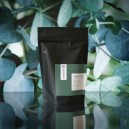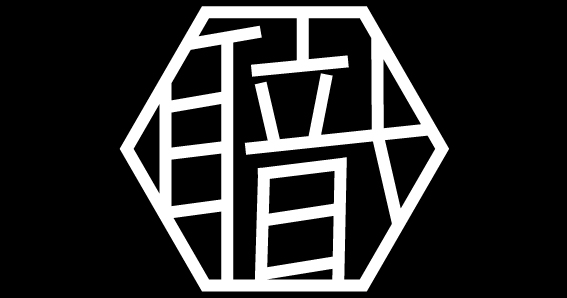Churupampa is not just a farm, it is a social business model which the Tocto family is expanding around the town of Chirinos. It already includes over 30 farms and every lot is cupped; last year this included over 4,000 samples. With a communal mindset and organic and Fair Trade certifications, this approach fits perfectly within the Shokunin mindset. It is an inspiration for other growers like Argote and El Bueyerito to help a region grow towards sustainable specialty production.
The value chain
The following indicates the monetary value chain for finca Churupampa. Since their production volume and quality is very stable, this hardly changes over the years.

Key achievements
Farmers built small drying stations on their farm to extend the patio drying time of 6/7 days to 25 days on raised beds.
2018
Second visit by Sara Morocchi: new investments this year will include composting and microorganism, for which we pay an additional premium (27cts/kg, 5%).
The microlots
Churupampa
America,Washed
Peru - Washed Typica, Caturra and Pache. Heavy yet bright aromas like tangerine and nuts. Rich sweetness like caramelized apple. Heavy body like dark chocolate.

Churupampa
€12.00 – €43.20America,Washed
Peru - Washed Typica, Caturra and Pache. Heavy yet bright aromas like tangerine and nuts. Rich sweetness like caramelized apple. Heavy body like dark chocolate.

The story
The Churupampa cooperative was only recently discovered by our partners. They seemed to work with the same business model and mindset, only years ahead of where we stand with other origins. The Tocto family presents an example of how entrepreneurship, respect for farming traditions, circular thinking and direct connections across the chain and chance rural livelihoods. Since 2011, the community has done away with the commercial coffee mentality and created a strong, quality focused brand. Their innovative processing and independent quality control lab ensure the high quality that the specialty market is seeking.
In recent years, the Peruvian coffee sector had gotten fragmented yet vibrant. The country had focused on strengthening the coffee industry and organizing farmer cooperatives for decades in order to increase production, with a focus on fair trade and organic production. This led to Peru becoming a leading organic coffee producing country. However, it also posed limits to the infrastructure for high-end specialty coffee. In the 2000s, Peru had difficulties with finding the balance between volume and quality.
Fortunately, today this is not as often the case, and the Tocto family gives us one example of quality-oriented best practices. They use farmer traditions and experience to ensure healthy plants and proper soil nutrition, but also planting the right varieties and implementing the proper processing methods. Churupampa keeps track of its accomplishments and quality with extensive quality control procedures, cupping every single lot they produce. In fact, Eber, one of the founders, was one of the first Peruvian cuppers earning the Q-grade certificate, over 10 years ago.







